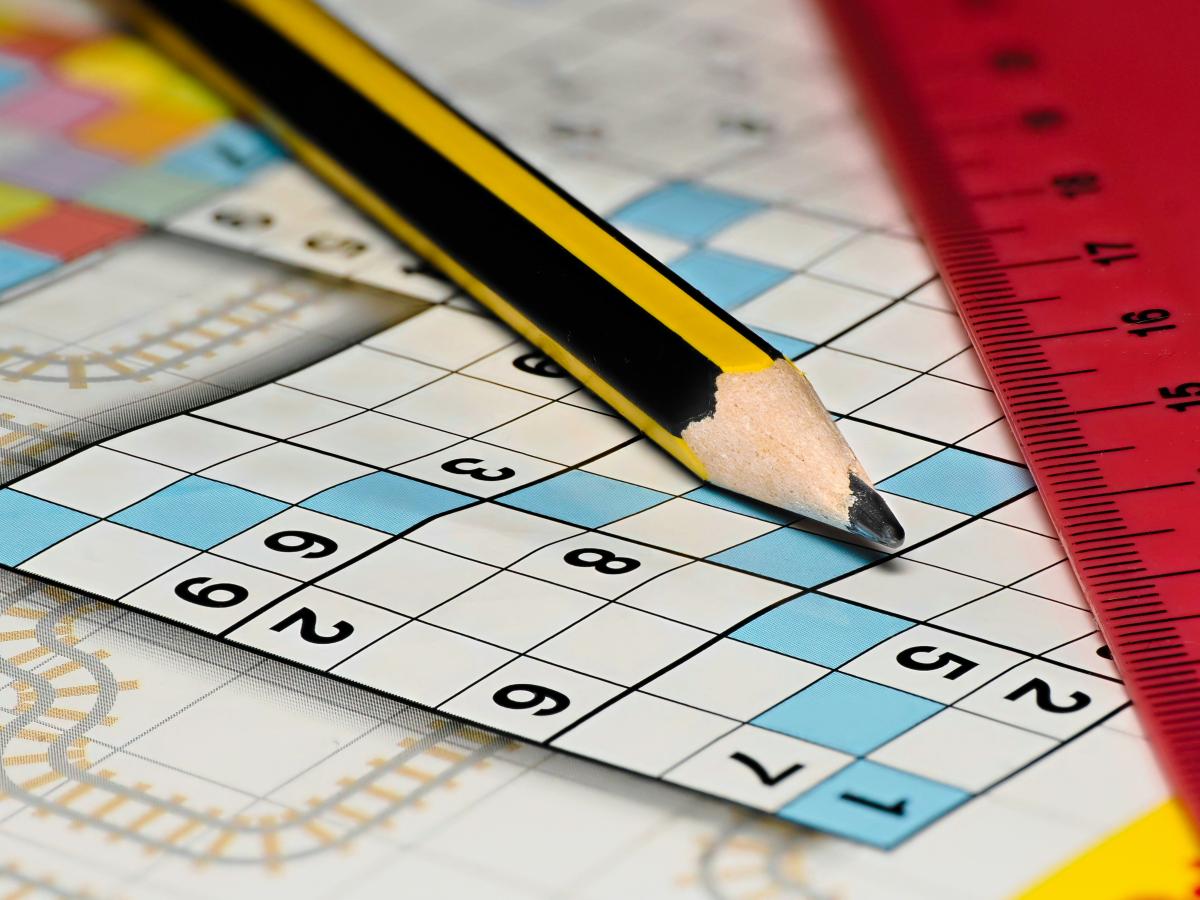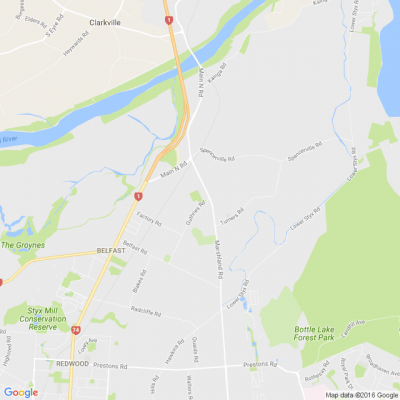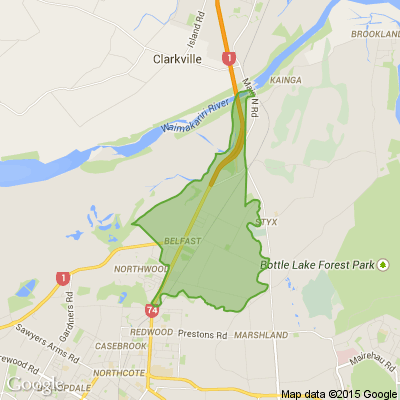Covid-19: Older, vulnerable Kiwis urged to ‘hunker down’ when Omicron cases peak
From reporter Cate Broughton:
------------------------------
Older and vulnerable people are being encouraged to “hunker down” in their homes during the peak of the Omicron virus, by some health experts – but others say this isn’t necessary.
New Zealand epidemiologist Professor Tony Blakely is based at Melbourne University and says he encouraged his nearly 80-year-old parents – who live in Rotorua – to stay at home when Omicron cases climb and the virus becomes endemic.
However, Cancer Society medical director Kate Gregory said there was not enough evidence to support giving this advice to cancer patients.
On Sunday, Prime Minister Jacinda Ardern confirmed there was community transmission of the Omicron variant in New Zealand.
The Ministry of Health on Monday reported confirmed Omicron cases in the Nelson-Tasman region, Auckland and Palmerston North.
Blakely said he talked to his parents about continuing their usual activities while using a N95 mask, but “hunkering down” when cases climbed.
“You probably do that for another 10 days until case numbers start to go up in Rotorua, and then you really hunker down. So that’s what we’ve talked about.”
Blakely said “the maths of an epidemic” meant up to half of the population was likely to get infected with Omicron.
“The trick is to make sure the people who get infected are the young ones. So you accept that. You accept there will be hospitalisations associated with that.
But to minimise the hospitalisations, the mortality and morbidity – a bit like trench warfare – you send over the young ones, and you hunker down the oldies and those with co-morbidities.”
Blakely said his parents, who are double vaccinated and have had their booster, had already decided to stay at home when cases climbed.
But he said it was hard to say how long this period should last.
New Zealand’s traffic light setting of red – the highest level of restrictions under the traffic light system –would help to slow the spread of Omicron, and protect essential services from being overwhelmed, but this would also mean the peak of the virus would last longer, Blakely said.
“Here’s the deep irony, the better New Zealanders are at flattening the curve, the longer the hunker down will be.”
Blakely acknowledged prolonged periods of isolation for the elderly and vulnerable could have significant mental health impacts.
In Australia, Omicron has taken a huge toll on the aged-care sector with hundreds of outbreaks in aged care homes. But some families have said the lockdowns were overly cautious and too hard on the elderly residents, most of whom were fully vaccinated.
Wellington GP and Royal New Zealand College of General Practice (RNZCGPs) medical director Bryan Betty said the Australian experience of Omicron showed it could peak for as long as four to six weeks.
Betty said most people – including fit older people – would experience a mild to moderate illness, if infected.
“However, the caveat on this is ... we know the biggest risk factor for a poorer outcome from Covid is age, the elderly population in particular are vulnerable to a poorer outcome with Covid.”
Betty said it would be good for older people to consider staying home, with some support from friends and family, “as the case numbers rise” in the community.
Cancer Society medical director Kate Gregory said there was not enough evidence to date to support advising patients to stay home, but this could change “if we see much higher numbers”.
“If, in a week’s time we are seeing thousands and thousands of cases we may be advising people differently. I think the reassuring thing we’ve seen is that Omicron doesn’t seem to cause such severe disease and we know the vaccine provides very good protection.”
Gregory said for cancer patients the best defence is to be vaccinated and for the people in their households to be vaccinated.”
She said in her experience a “vast majority” of cancer patients had received two doses of Covid-19 vaccine, many with a third primary dose.
“It’s a frightening time, and especially for those who are more vulnerable.
"I think as long as people have the vaccine, wear the mask, do the hand-washing and get tested promptly, I think that’s probably fine. At the moment, that’s the advice we’re giving our patients.”
Think You Know It All? Try Solving This First!
How can you make 30 using only the numbers 1, 3, 5, 7, and 9 with each number only used once?
Do you think you know the answer to our daily riddle? Don't spoil it for your neighbours! Simply 'Like' this post and we'll post the answer in the comments below at 2pm.
Want to stop seeing riddles in your newsfeed?
Head here and hover on the Following button on the top right of the page (and it will show Unfollow) and then click it. If it is giving you the option to Follow, then you've successfully unfollowed the Riddles page.

Are you keeping it old school?
We know that things come back around, look at vinyl records!
Do you still use any old-school technology (like landlines or VHS tapes) at home?
Let us know in the comments.

The Riddler wants to hear from you! 🎉
Our daily riddles have been a fun way to start the day and spark some friendly competition, but we’re thinking about mixing things up—and we’d love your input!
What do you enjoy most about the riddles? Is it the brain-teasing puzzles, the themed photos, or the big reveal in the afternoon?
If you could tweak one thing, what would it be? Maybe you’d like harder riddles, different themes, or see riddles in a different style or format!
Let us know your thoughts in the comments below. Your ideas could help shape the next chapter of our riddles! 🧩







 Loading…
Loading…



























